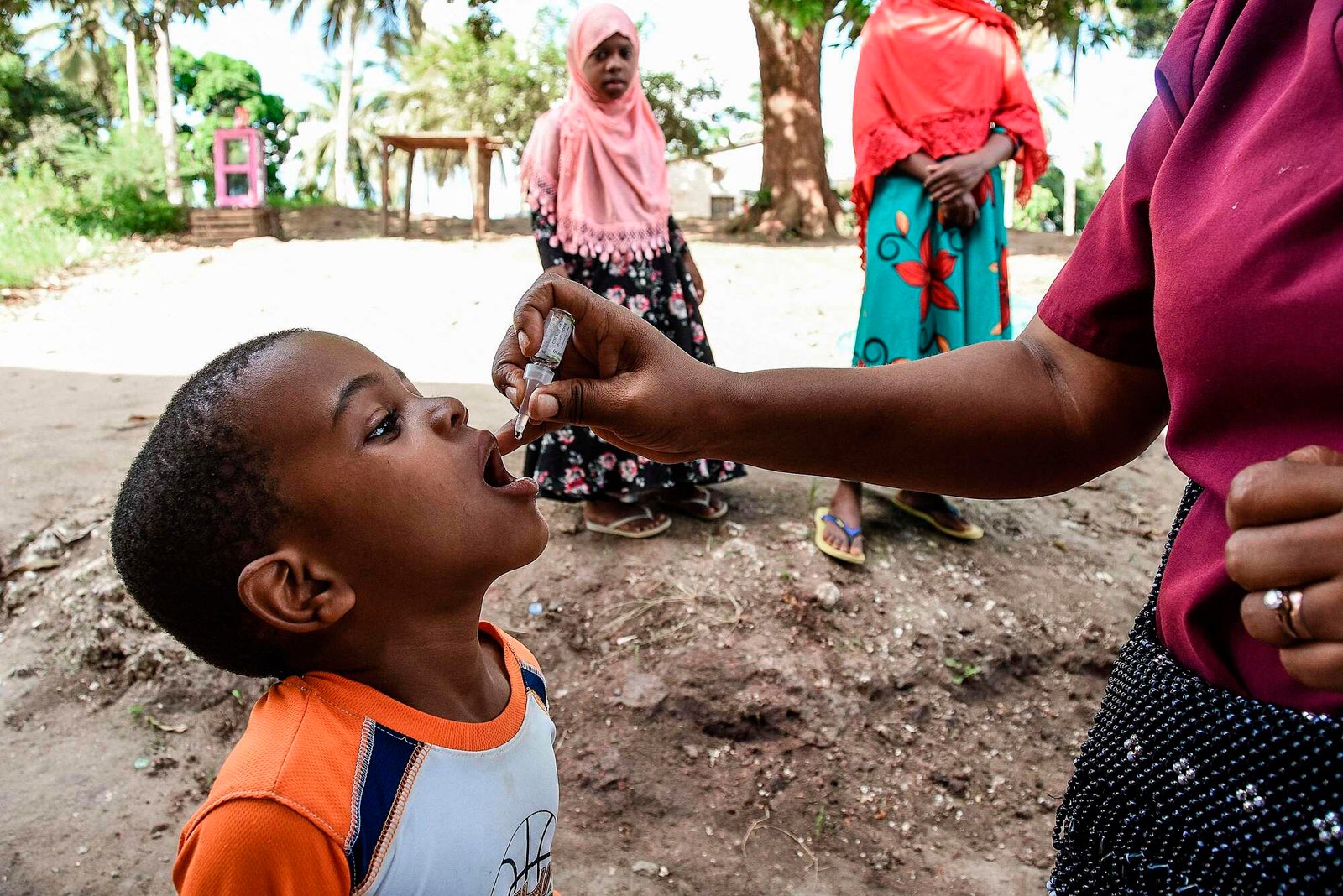[ad_1]

Tanzania is piloting a community-based digital health project that uses the mobile phone to increase the timeliness of routine vaccinations thereby protecting children from preventable illnesses.
The project relies on a custom-built mobile health system called mParis (mobile phone assisted reminder and incentive system) to send automated SMS messages to participants, hence promoting vaccination coverage and timeliness among Tanzanian children in rural and underserved areas.
The open-source system is currently undergoing a major upgrade for a parallel study that aims to increase uptake of HIV testing in Tanzania through mobile phone messages and social networks.
Read: China’s surveillance system promising to end malaria in EA
The vaccination project will use automated task scheduling, reminders and incentives with an integrated case management system, along with trained community health workers, health educators and resource facilitators to provide vaccination information to mothers.
“Timely vaccinations for children are essential to ensure immunity against preventable and potentially deadly infections. Yet, many children living in rural and resource-limited settings receive delayed or no vaccinations, placing them at risk for dangerous diseases,” said Jan Ostermann, associate professor of health services policy and management at Tanzania’s National Institute for Medical Research.
This is particularly the case in low- and middle-income countries. The Covid-19 pandemic has exacerbated these trends globally by limiting opportunities for caregiver education and access to vaccines.
“We have chosen to conduct this study in Tanzania, where only 68 percent of children receive all basic recommended vaccines in the first year of life, and there are barriers such as low caregiver knowledge and health system challenges related to service delivery and access,” Ostermann said.
“However, our findings may be broadly relevant for identifying digital health strategies that can be implemented by nurses or other non-physician health professionals, to bridge vaccination inequities among rural and underserved populations.”
[ad_2]
Source link



